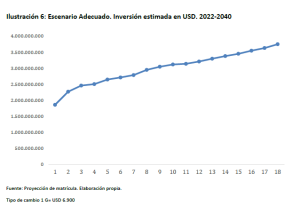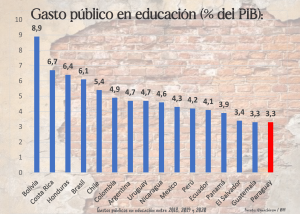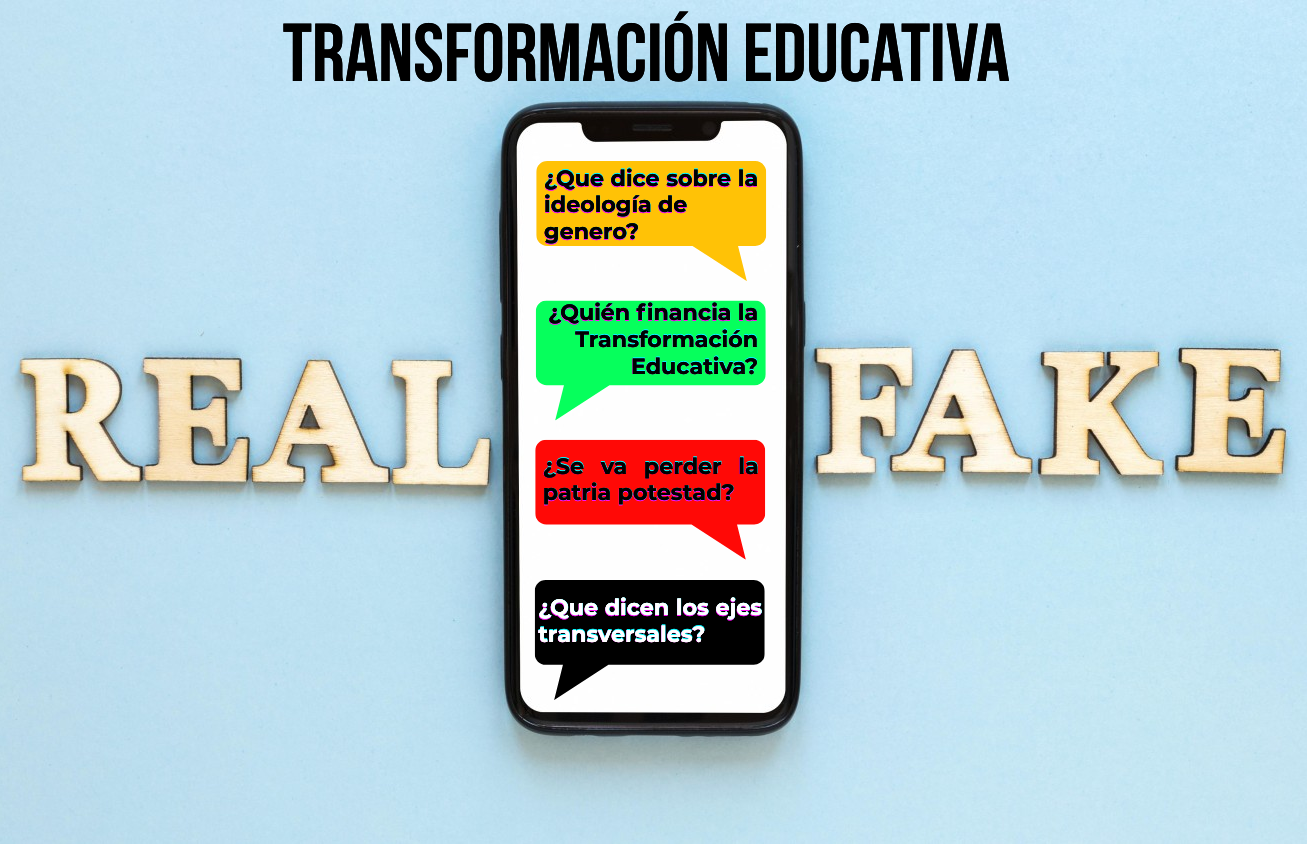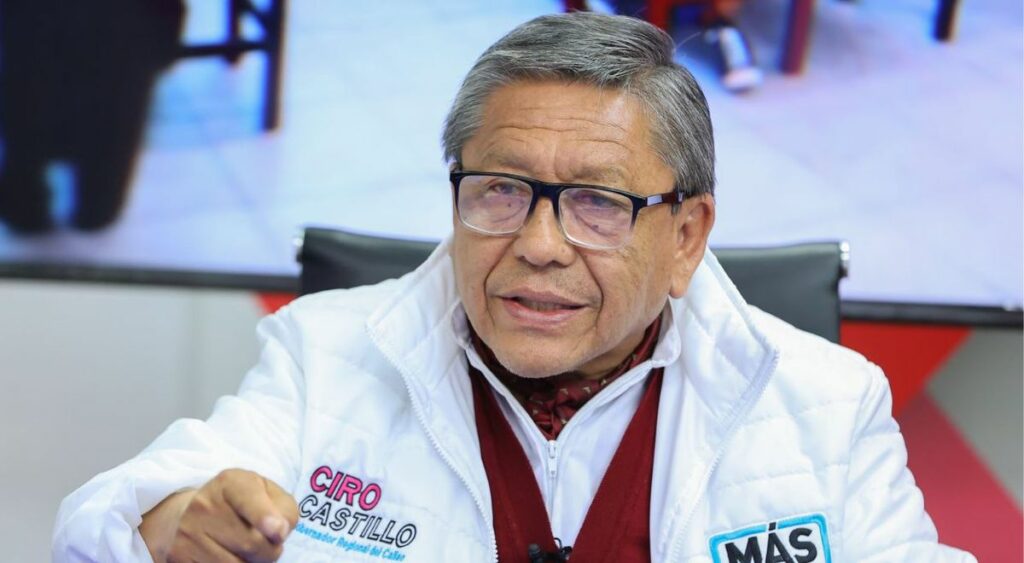The “anti Educational Transformation” campaign promoted by social actors, political groups and activist groups, which has intensified in recent weeks, has as its main characteristic the use of untrue information to defend its position.
Many of these hoaxes come from Chartist candidates who disguised as “pro-family” seek to capture votes.
These are the 11 most disseminated false information against the “Educational Transformation” and the agreement with the European Union:
1. It is false that the European Union finances the Educational Transformation Plan.
The reality is that 100% of the financing comes from the Fund for Excellence. In effect, European cooperation resources are allocated to the purchase of school supplies and food and other supplements.
2. It is false that the donation from the European Union is conditioned.
Documents show that since 2009 Paraguay signed agreements of the same tenor with the European Union, in order to support education in our country, without any conditioning from the international organization.
3. It is false that there is a project or law of “Educational Transformation” in Congress.
In reality, the “Educational Transformation Plan 2040” arose in 2017 and has not yet been presented nor is it in force, today only the debate and consensus is being generated to conclude the plan.
4. It is false that the Educational Transformation Plan incorporates “gender ideology”.
No page of the document contains any reference to the subject, in addition, the MEC itself clarified in the current resolution No. 29,664 that prohibits the dissemination of the theory of “gender ideology.”
5. It is false that the Educational Transformation Plan promotes the loss of parental authority.
Parental authority can only be lost by court order and not through any Educational Transformation plan of the Ministry of Education.
6. It is false that the “right-based approach” in the transversal axes of the PNTE displaces parents from parental authority.
In reality, the “right-based approach” refers to the fact that every inhabitant has the right to comprehensive and permanent education in accordance with the CN and Law 1264/98.
7. It is false that the “inclusion” of the transversal axes PNTE displaces parents from parental authority.
“Inclusion” is based on Inclusive Education Law 5136 and refers to categories such as: disability, disorder, students with specific needs, etc.
8. It is false that the “interculturality” of the transversal axes of the PNTE displaces the parents from parental authority.
Interculturality refers to the presence of diverse cultures and the generation of shared cultural expressions with mutual respect within the framework of Law 1264.
9. It is false that with the Educational Transformation teachers are obliged to teach about gender ideology.
The reality is that the only current legal framework on education in Paraguay is Law 1264/98 and in 161 articles there is nothing about the aforementioned “gender ideology”.
10. It is false that there is an English version of the annex to Law 6659 with the European Union.
The authorities denied the existence of such a document and clarified that said agreement can be distinguished from the real one since it has a signature, while the false one does not.
11. It is false that the European Union decides on the content of the curriculum of Paraguayan education.
There is no change in the content of the curriculum. In addition, the EU issued a statement clarifying that this responsibility lies with the national authorities.
The only thing that would be achieved with the repeal of law 6659 of the European Union donation is a financial impact of more than G. 100,000,000,000, thus losing 3,600,000 lunch rations, 150,000 kits of supplies, 94,000 vouchers for high schools , among others.
The “2040 Educational Transformation Project” is not in force and is just a plan that seeks to triple investment by 2040. This implies going from a budget of USD 1,148 million a year to 3,747 million to reach 5% of the Gross Domestic Product invested in education.

Paraguay is the country that invests the least in education in the region, therefore, the need to improve educational investment is indisputable. However, actions based on fallacies by some politicians seek to truncate the possibility of increasing this investment and receiving a better education.

Although there are parents who are genuinely concerned and demand information about the Educational Transformation, however, I must also warn that some politicians deceive and manipulate to capture votes, taking advantage of people’s confusion.















